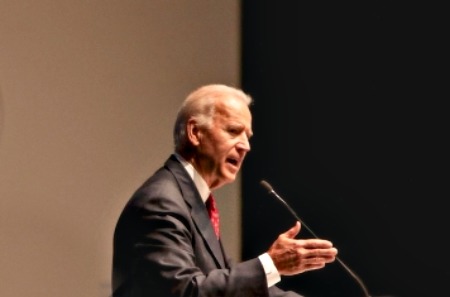
On 17 December 2024, the outgoing Biden-Harris administration unveiled a comprehensive six-point policy framework aimed at reducing US imports of products linked to deforestation – a commendable attempt to set positive things in motion before leaving the White House.
The framework sets out elements to guide potential US demand-side measures to reduce deforestation linked to agricultural commodity production: such measures will focus on tackling illegal deforestation, prioritise high-risk regions and companies, step up satellite monitoring, and engage with national and regional governments. It was triggered by a 2022 Executive Order targeting illegal logging and trade.
Policy action of this kind is much needed: the US – along with the EU and China – is one of the consumer markets most responsible for driving global deforestation via its imports.
With this proposal, the US adds momentum to efforts to use market mechanisms to decrease global forest destruction. The EU pioneered legislation, the EU Deforestation Regulation (EUDR), to block commodities containing deforestation from entering the EU. The UK is developing similar legislation, and China announced in October 2024 that it will soon require full traceability for all beef imports.
Nations acting in concert make it much more likely that such measures will rein in deforestation. The US needs to deliver on their framework to avoid becoming a destination for tainted goods that are increasingly unable to enter other major consumer markets. Notably, the seven products covered by the US proposal line up closely with those caught by the EUDR. Although both target palm oil, beef, soy, coffee, cocoa and rubber, the US proposal opts to target corn, while the EUDR includes wood.
It is important to note, however, that with the incoming Trump administration’s historical scepticism toward environmental policies, the US framework’s future remains uncertain.
fern
www.fern.org







